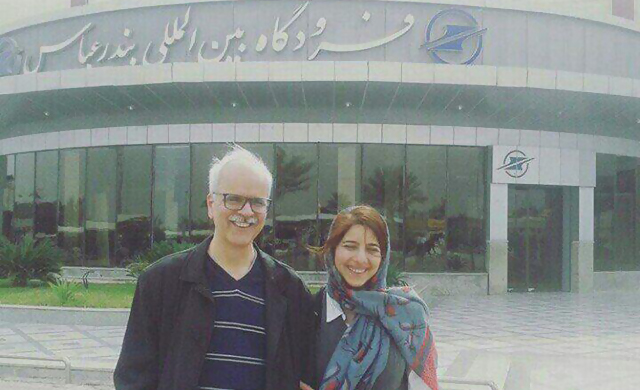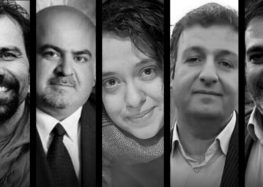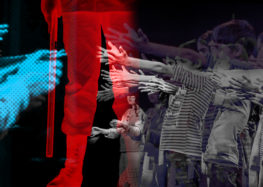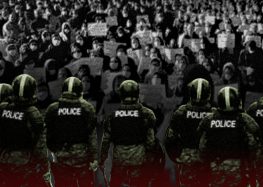Supreme Court Refuses to Grant Imprisoned Activist a Retrial
The political activist and university professor Saeed Madani, imprisoned in Iran since January 2012 for his peaceful activism and participation in a nonviolent political opposition group, has been denied a retrial by the Supreme Court, his wife Mansoureh Ettefagh told the International Campaign for Human Rights in Iran.
The retrial was requested based on the fact that Madani, convicted under multiple charges in separate prosecutions, would be eligible for release had the charges been combined into one prosecution, due to Article 134 of Iran’s New Islamic Penal Code. That article states that one should serve no more than the maximum punishment for the charge that carries the heaviest sentence.
“If the trial request were granted, we and his lawyer were hoping to get his sentences combined and reduced under Article 134, and considering that he has already served half of his prison sentence, to reduce his sentence; but, unfortunately, the retrial request was rejected,” she said.
Ms. Ettefagh added that other legal avenues would be pursued to get her husband out of prison.
Saeed Madani, a social researcher and member of the now-banned Nationalist-Religious Alliance opposition group, was arrested on January 7, 2012, for his peaceful political activism. He has been held in Rajaee Shahr Prison since March 2014 after being sentenced by Judge Pirabbasi of Branch 26 of the Revolutionary Court to six years in prison and ten years exile for “propaganda against the state” and “acting against national security.”
“The reason they denied the request for my husband’s retrial is that it appears they have amassed a thick file on him. Every letter he wrote, every statement he signed, every interview he gave, every book or article he wrote, and every speech he gave have all been piled on to his file and considered part of his crimes,” Ms. Ettefagh told the Campaign.
Madani’s wife added that she had written to the Minister of Intelligence in the Rouhani Administration, asking why her husband had not been given any furlough (temporary leave routinely granted to inmates in Iran for medical or other special reasons but typically denied to political prisoners) during nearly four years in prison.
“We have written three letters to the Intelligence Minister and asked him to investigate this unjust situation. They told us we will receive a response but so far there has been none,” the activist’s wife said.






